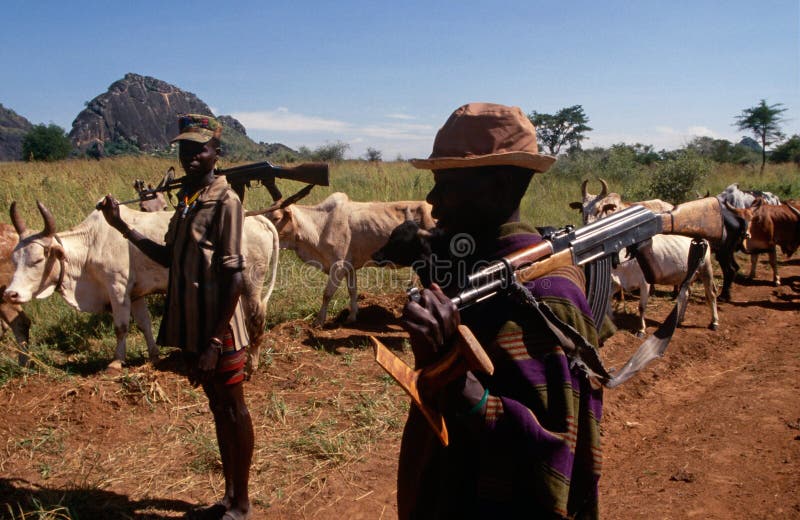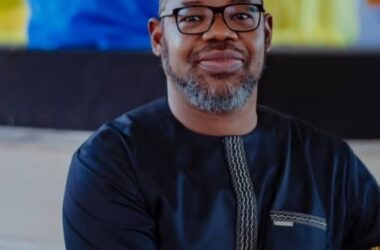From the ravaged farmlands of Benue to the volatile digital spaces echoing with extremist ideologies, insecurity has become an inescapable reality for millions of Nigerians. Banditry in the Northwest, the lingering insurgency in the Northeast, and the increasingly violent clashes between farmers and herders in the Middle Belt are not merely isolated incidents of violence; they have morphed into deeply politicized fault lines, shaping national discourse, electoral strategies, and the very fabric of Nigerian unity.
For too long, the cries of victims have been drowned out by the cacophony of political rhetoric. Each incident of bloodshed, each abduction, each displaced community becomes fodder for accusations and counter-accusations. The ruling party points fingers at past administrations or external forces, while the opposition decries government inaction and perceived incompetence. Instead of a unified front against a common enemy, the nation witnesses a blame game that often obscures the urgent need for effective solutions.
The politicization of insecurity manifests in myriad ways. State governors, often feeling abandoned by federal might, resort to their own security outfits, raising questions about the centralization of power and the potential for regional balkanization. Resource allocation for security becomes a battleground, with accusations of bias and inequitable distribution fueling regional resentments. Even the very terminology used to describe these crises – are bandits “terrorists”? Are herder-farmer clashes simply “communal conflicts”? – becomes a point of contention, laden with political implications.
“The tragedy is that the suffering of our people is being used as a political weapon,” laments Aisha Mohammed, a community leader from Zamfara State, a region heavily affected by banditry. “We need genuine help, not politicians scoring points off our misery. Our lives are not political pawns.”
The upcoming 2027 elections have further amplified this trend. Political aspirants are quick to highlight the failures of their opponents in addressing insecurity, often making sweeping promises that lack concrete strategies. Security becomes a key campaign issue, yet the focus often remains on blame rather than nuanced understanding and actionable plans. This can lead to a simplification of complex issues, hindering the development of comprehensive solutions that address the root causes of violence.
Experts warn that this politicization has several detrimental consequences. Firstly, it distracts from the crucial work of security agencies and policymakers. When energy is focused on political point-scoring, the necessary intelligence gathering, strategic planning, and inter-agency cooperation can suffer. Secondly, it deepens existing ethnic and religious divides. By framing conflicts along these lines for political gain, trust between communities erodes further, making reconciliation and peacebuilding even more challenging. Finally, it breeds cynicism and distrust in government. When citizens perceive that their safety is being used for political advantage, their faith in the ability of the state to protect them diminishes.
However, amidst this politically charged environment, glimmers of hope remain. Civil society organizations are working tirelessly to bridge divides, advocate for victims, and demand accountability from political leaders. There are increasing calls for a depoliticized approach to security, one that prioritizes evidence-based solutions, community engagement, and long-term strategies over short-term political gains.
The path forward requires a fundamental shift in mindset. Political leaders must recognize that the security of Nigerian citizens transcends partisan interests. A bipartisan approach, characterized by open dialogue, shared responsibility, and a genuine commitment to finding lasting solutions, is essential. Security agencies need to be adequately resourced and insulated from political interference, allowing them to operate with professionalism and impartiality.
Ultimately, the shadow of insecurity will continue to loom large over Nigeria until its resolution is prioritized above political expediency. The lives and livelihoods of millions depend on a commitment to depoliticize these crises and forge a united front against the forces that threaten the nation’s peace and stability. The time for political games is over; the time for genuine leadership and collective action is now.
In fact, according to a public affairs analyst, Monda Godwin observed that “by framing conflicts for political gain, politicians can inadvertently exacerbate tensions and contribute to a cycle of violence. This is particularly evident in the context of herder-farmer clashes and regional agitations.”
According to him, “politicization of security agencies can compromise their professionalism and impartiality. When security forces are perceived as being aligned with particular political interests, their ability to act as neutral arbiters and enforcers of the law is undermined. This can also extend to the judiciary, where political influence can erode public trust in the justice system.”.
” Ungoverned spaces and societal divisions created or exacerbated by political manipulation can be exploited by criminal elements like bandits, insurgents, and kidnappers. These groups thrive in environments where state authority is weak and communities are fractured.” He noted.
Further, he stated that, “political rivalries and mistrust can hinder effective collaboration between different levels of government (federal, state, local) and among various security agencies. Decisions about security resource allocation can be influenced by political considerations rather than strategic needs, leading to inefficient deployment of personnel and equipment.”
He said that, “promoting a sense of national identity and addressing underlying issues of marginalization and inequality can reduce the tendency to politicize security along divisive lines. Governments should actively seek and utilize the knowledge and insights of security experts and think tanks, ensuring that policy decisions are informed by evidence and best practices.”
“By taking these steps, Nigeria can move towards a more unified and effective approach to tackling its persistent security challenges, prioritizing the safety and well-being of its citizens above political maneuvering.” He added.








